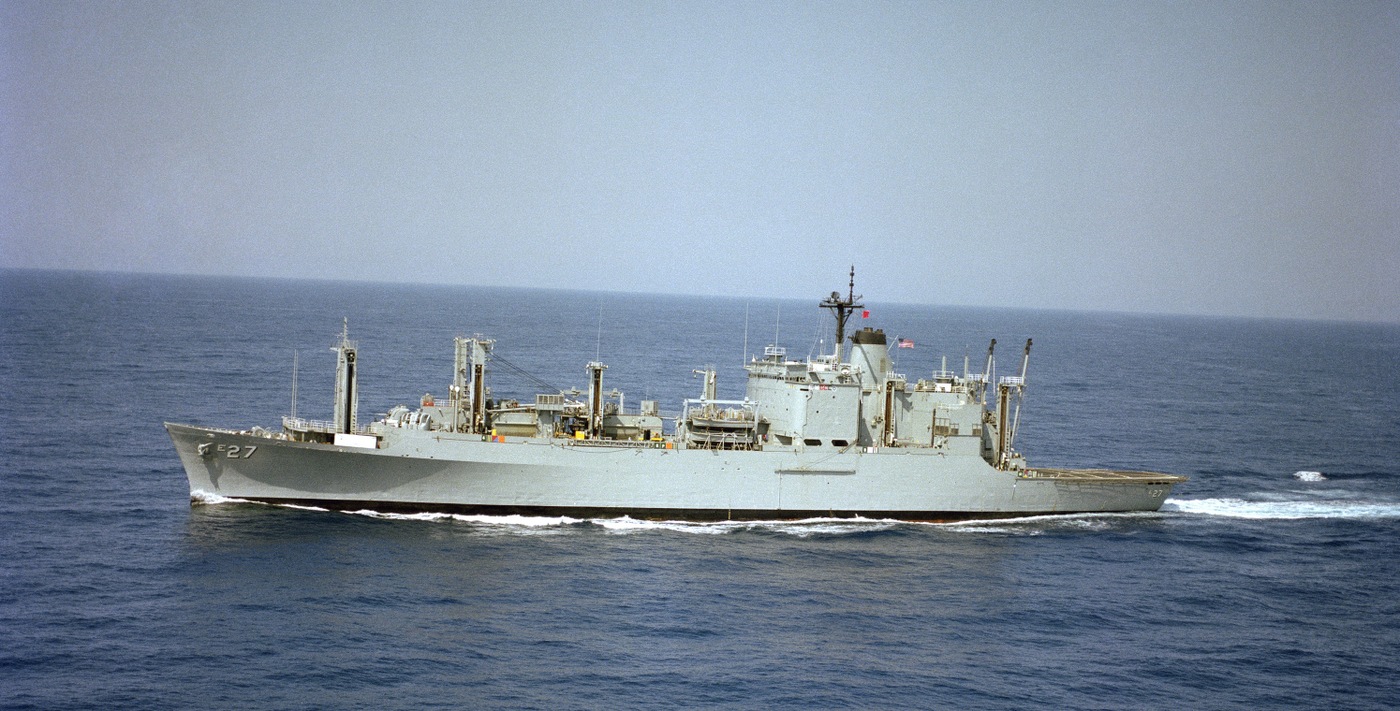
Fawaz Younis becomes the first suspected foreign terrorist arrested by the FBI for a crime perpetrated against Americans on foreign soil. Younis was implicated in the 1985 hijacking of a Royal Jordanian airliner. After taking the passengers hostage—including two Americans—and making several demands that were not met, the hijackers ordered the plane to land first in Cyprus, then Sicily, and finally in Beirut. There the hijackers released the hostages, held a press conference, blew up the plane on the tarmac, and then successfully fled.
The Bureau made the arrest two years later under the provisions of the Comprehensive Crime Control Act of 1984, which gave the FBI jurisdiction over terrorist acts in which Americans were harmed or taken hostage, no matter where the acts occurred.
Younis was lured to his arrest in an FBI sting called Operation Goldenrod in the eastern Mediterranean Sea. It involved bikini-clad undercover agents, a multi-million-dollar yacht with a fake crew, and a non-existent international drug dealer. Younis was arrested and taken aboard the USS Butte, a Navy munitions ship. He was then transported to the United States on a Navy plane, where he was arraigned, tried, convicted, and sentenced to 30 years in prison. (As a final footnote, Younis was released in 2005 and deported to Lebanon.)
The FBI would go on to investigate al Qaeda terrorist attacks that involved American citizens—including the African embassy bombings in 1998 and the attack on the USS Cole in 2000—certainly establishing expertise (and connections), but ultimately focused on terrorism as a crime to be investigated rather than as an eventuality to be prevented.